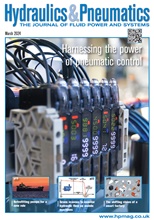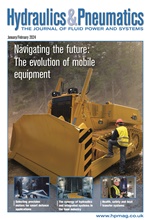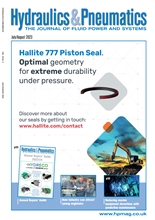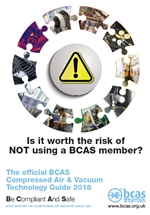Technology for a sustainable farming future

“The sensor fusion was one of the most challenging aspects of this project,” adds Pencelli. “Because we have a very particular environment within fields, where a number of variables can change, such as the infrastructure, soil, shape of the fields and even other workers moving around the agro-bot. So, the localisation of the vehicle, improving the robustness of it and understanding its physical constraints were interesting – such as speed, steering angle, the positioning of, and communication between the mounted on-board devices – all these aspects can affect the motion of the vehicle.”
Strength in numbers
YRE also joined forces with Florence University’s Agriculture Department in order to further advance research activities in the field. The university has significant experience in sustainable crop management, having recently completed the EU-funded Rhea project that looked at improving crop quality, health and safety for humans and reducing production costs by using a fleet of small, heterogeneous robots – ground and aerial – equipped with advanced sensors, enhanced end-effectors and improved decision control algorithms.
For the SMASH project, the university’s Professor Marco Vieri believed that a holistic approach to research was needed, alongside enabling the latest technologies: “Farming provides food, feed, fibre and fuel for humans, but we also have to consider rural, cultural and historical issues.
“In the past, there was a yearly calendar of agricultural operations, but a new mindset is required these days that allows us to control and mitigate risks such as drought, pests and flooding. We needed to explore increased automation not only to enhance and increase the amount of product, but also to apply an added value.
“Yanmar shares our vision to help farmers realise healthy, high-value production with a true technological system, so our part in SMASH has been to develop equipment and effectors for the two scenarios of vineyards and horticultural field crops like spinach. We have extensive knowledge of farm machinery and new technological possibilities, so it’s about helping reduce the use of pesticides that are not safe for the micro-organisms of the soil and plants, while increasing the level of nutrients and useful bacteria.”
It’s fair to say that farmers are on the front line of the debates surrounding climate, emissions and sustainability. Even when it comes to high-value crops such as the grapes, olives and nuts found in this region of Italy, it’s hard to argue against using automated and connected agriculture to bring scientific data and farmers’ needs together. After all, robots can work 24 hours a day, they have less impact on the soil than tractors due to their smaller size.
Imagine a fleet of robots a fraction of the size of a conventional tractor and it’s easy to see the possibilities that AI-based, technology-driven precision farming can offer in the coming years. The use of drones to map fields and check crops; and agro-bots to harvest fruit, sow seeds, identify and treat weeds with exact doses of pesticide and fertiliser – it’s all about targeting efforts only in areas that need work, which allows for a reduction in labour, capital costs and emissions as a result.
-
Smart Manufacturing & Engineering Week
05 - 06 June, 2024
NEC, Birmingham -
HILLHEAD 2024
25 June, 2024, 9:00 - 27 June, 2024, 16:00
Hillhead Quarry, Buxton, Derbyshire UK










